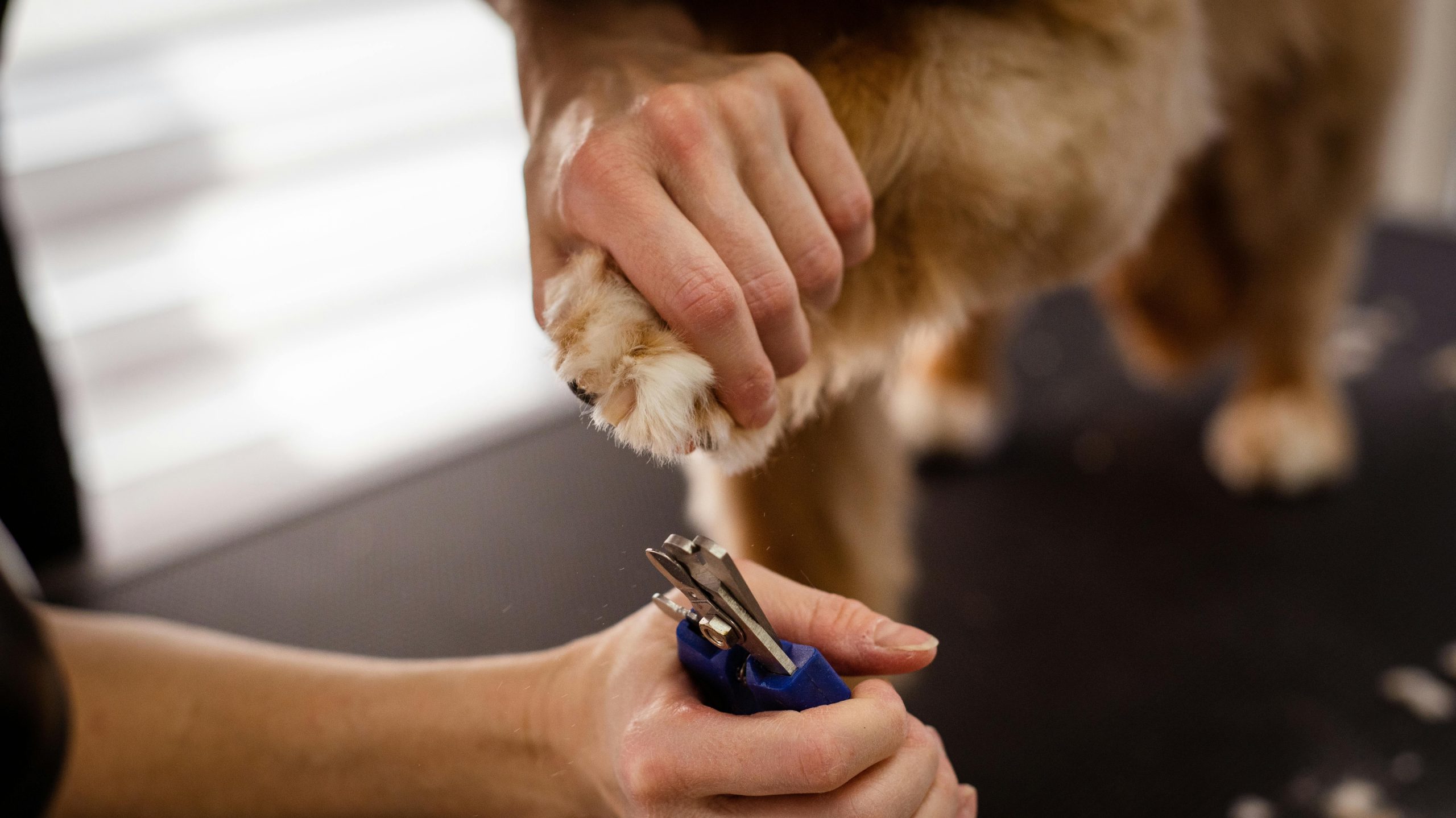“Ever stared at your pet’s vaccination chart like it was written in hieroglyphics? Don’t worry, you’re not alone. Navigating the world of pet vaccinations can feel overwhelming—but it doesn’t have to be.” Let’s decode everything you need to know about keeping your fur baby healthy with proper vaccination schedules.
In this post, we’ll delve into why vaccination schedules matter, how to create an actionable wellness plan, expert tips to avoid vet bill surprises, and real-world examples to guide you along the way. Sounds good? Great, let’s hop into it!
Table of Contents
- Key Takeaways
- Why Delayed Vaccinations Are a Big Mistake
- How to Build a Rock-Solid Wellness Plan
- Top Practices for Managing Vaccination Schedules
- See Real Pets Thrive Through Proper Planning
- Frequently Asked Questions About Vaccination Schedules
Key Takeaways
- Vaccination schedules are vital for preventive healthcare and long-term wellness.
- A robust wellness plan includes regular vet visits, boosters, and monitoring.
- Avoid skipping or delaying vaccines—timing matters more than you think.
- Leverage reminders, apps, and professional consultations for better adherence.
- Certain breeds may require customized plans due to specific health risks.
Why Delayed Vaccinations Are a Big Mistake
Optimist You: “It’s just one missed vaccine appointment. What could go wrong?” Grumpy Me: “Ugh, fine—but prepare for potential infections!”
Here’s the reality check you didn’t want but absolutely need: delayed vaccinations leave your pet vulnerable to preventable diseases like parvovirus, rabies, and distemper. Imagine seeing your pup writhing in pain from something that could have been avoided—a single skipped booster shot.
I once underestimated my cat’s annual shots until she contracted feline leukemia (yes, FML). Not only did she suffer unnecessarily, but the medical bills skyrocketed because early prevention wasn’t prioritized. Lesson learned: no shortcuts when it comes to vaccinations.

Painful truths aside, let’s dive deeper into fixing this problem with a solid wellness plan…
How to Build a Rock-Solid Wellness Plan
Creating a tailored vaccination schedule requires planning. Here’s how:
Step 1: Understand Core vs. Non-Core Vaccines
Core vaccines protect against life-threatening conditions every pet needs. Non-core vaccines target region-specific threats. Knowing which ones apply is key. For example:
- Dogs typically require core vaccines like rabies and non-core options like Bordetella if boarded frequently.
- Cats need FVRCP core shots and FeLV if they roam outdoors.
Step 2: Schedule Regular Vet Visits
Your vet is basically your pet’s personal physician, so schedule those check-ups religiously. Puppies and kittens usually follow frequent intervals, while adults stick to annual or triennial boosts depending on their lifestyle.
Step 3: Use Digital Reminders & Tools
You forget birthdays; don’t forget vaccines too! Leverage tools like the PetDesk app or Google Calendar alerts for hassle-free tracking. This keeps both you AND Fluffy accountable.
Top Practices for Managing Vaccination Schedules
- **Start Early**: Begin vaccinations at 6–8 weeks old. Delay isn’t worth the risk.
- **Stay Updated on Regulations**: Rabies laws vary by state. Double-check local mandates.
- **Track Side Effects**: Mild reactions post-vaccine aren’t uncommon. Jot them down for future reference.
- **Communicate with Breeders/Rescue Groups**: They often provide initial immunization records—verify accuracy.
Now here’s a terrible tip: Some online forums will tell you DIY homeopathic remedies replace standard vaccines. Science says otherwise. Stick with licensed vets—it’s literally science-backed safety.
Rant Time: Why do people trust random TikTok trends over actual veterinarians?? Let’s collectively stop falling for viral nonsense. Vaccines = proven protection, folks!
See Real Pets Thrive Through Proper Planning
Meet Max, a 5-year-old Golden Retriever who’s never had a lick of illness thanks to his owner’s meticulous wellness plan:
- Received all core vaccines as a puppy.
- Began tick prevention meds during summer hikes.
- Keeps up with yearly dental cleanings and check-ups.

Frequently Asked Questions About Vaccination Schedules
Q: What happens if I miss a vaccination deadline?
A: Catch up ASAP! Most vets adjust schedules based on current age and health status.
Q: Are there alternatives to traditional vaccines?
A: Rare exceptions exist, but these require vet approval. Always prioritize conventional methods unless complications arise.
Q: Can older pets still benefit from vaccinations?
A: Absolutely! Senior pets remain susceptible to various illnesses. Keep updating their plans accordingly.
Conclusion
Navigating vaccination schedules might seem daunting, but armed with knowledge, consistency, and proactive steps, you’ll ensure your pet lives its happiest, healthiest life. Remember, sticking to science beats risky trends—and a happy doggo means a happier YOU.
Before you scroll off, enjoy a quick reminder: Like Pokémon Go gyms, vaccinations keep evolving. Stay updated, stay informed!
And now, because nostalgia heals all wounds: 🐾🐾🐾
“Fur so soft, nose so wet,
Vaccines safe, years ahead.”


